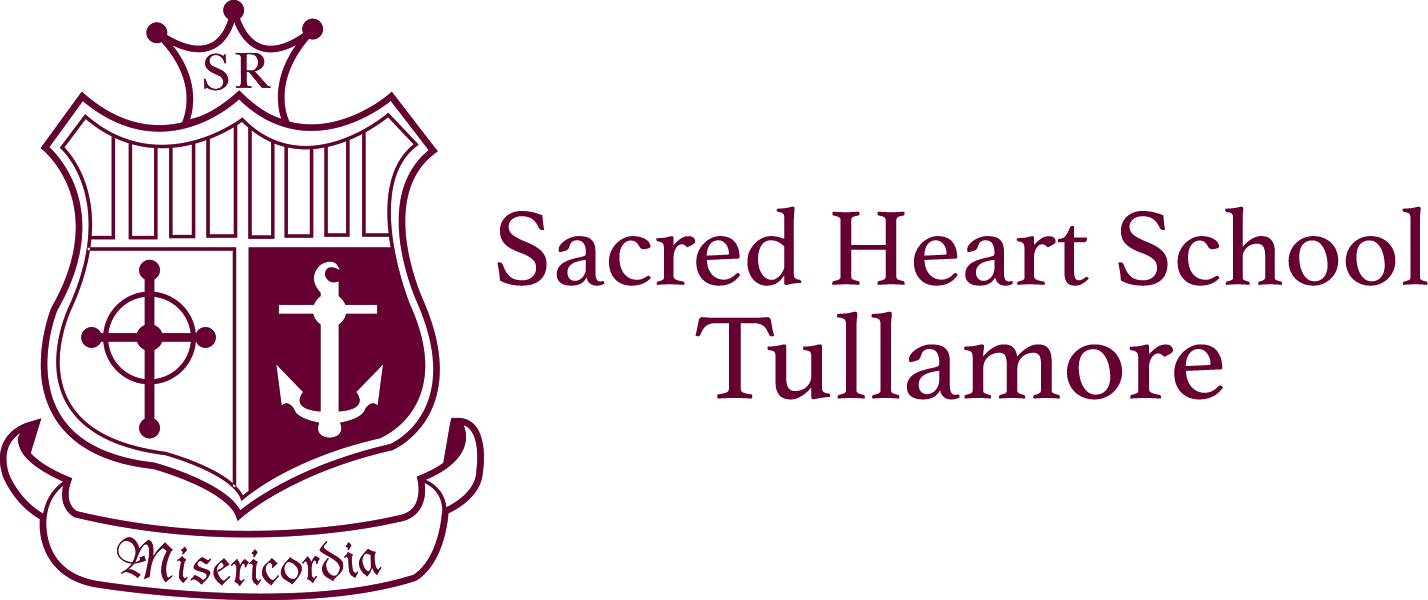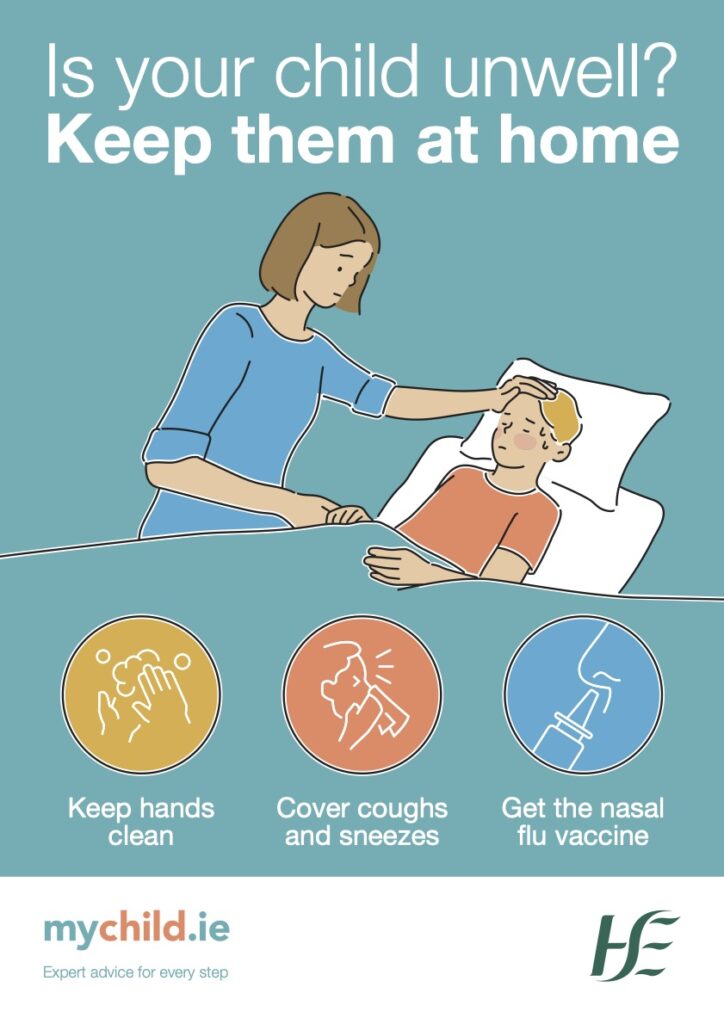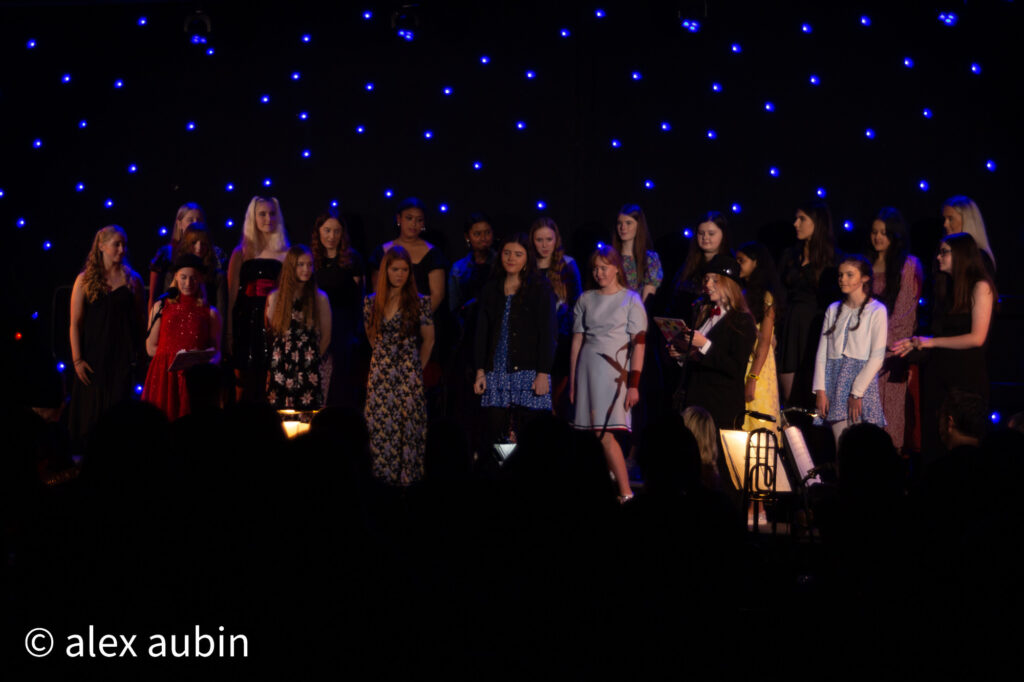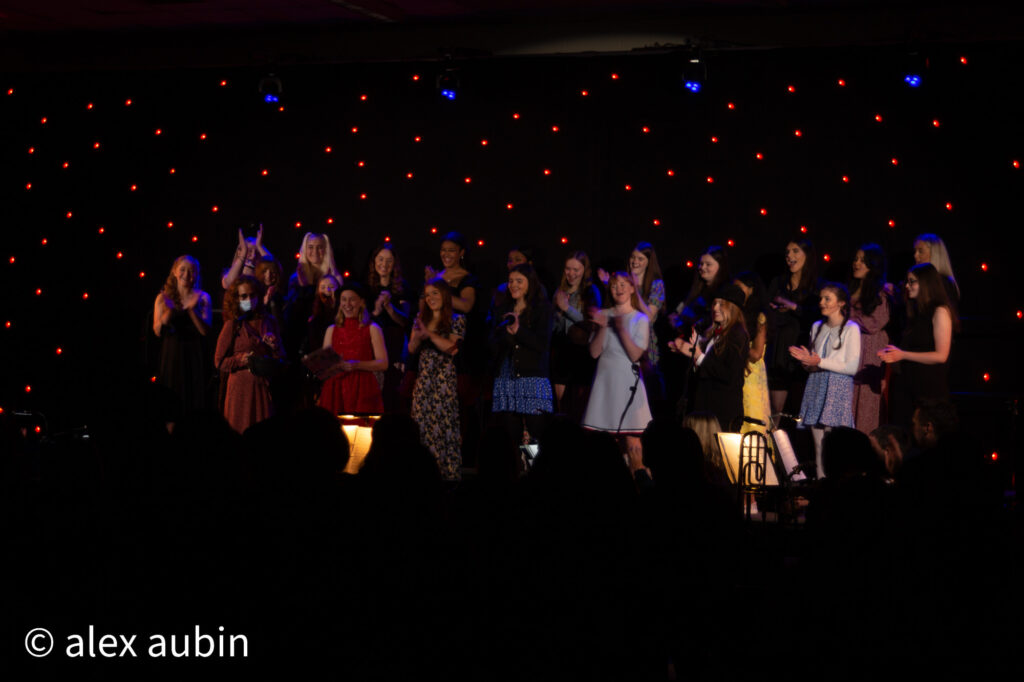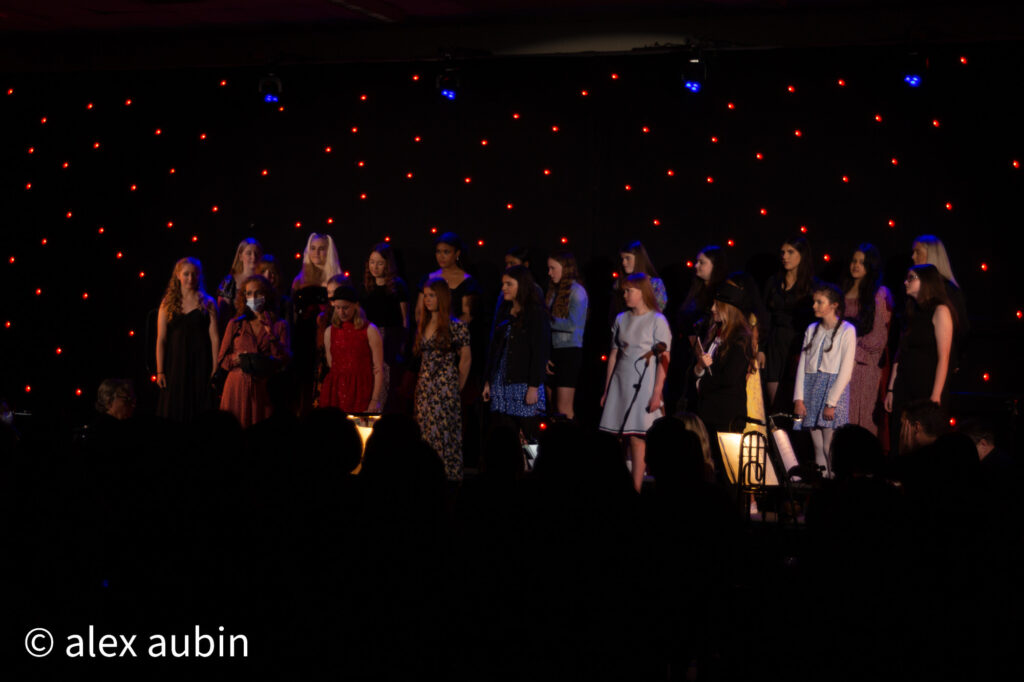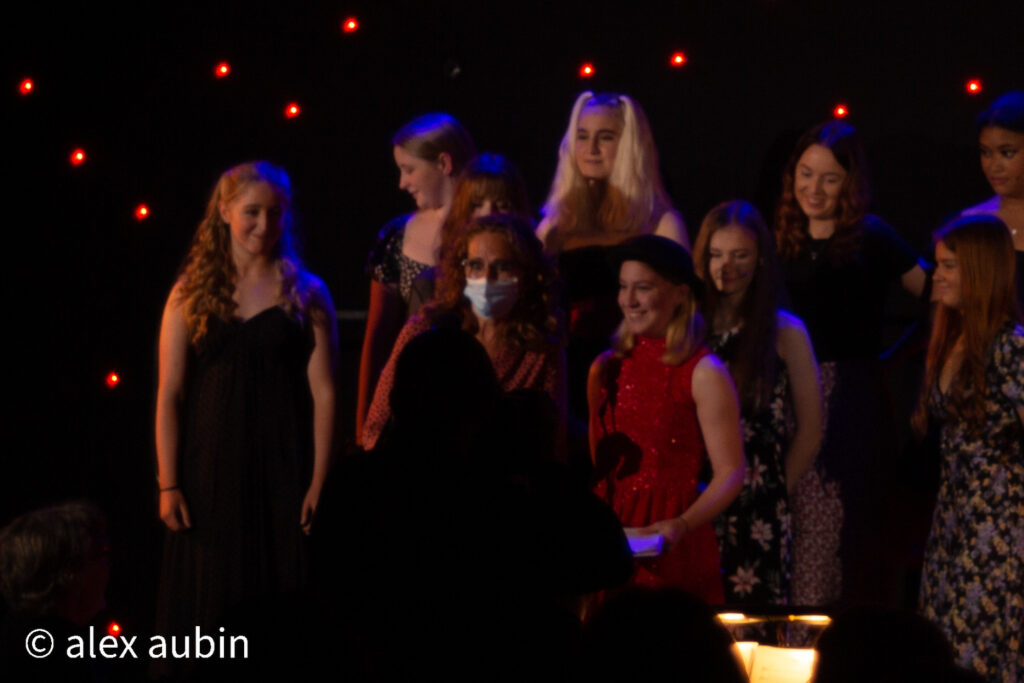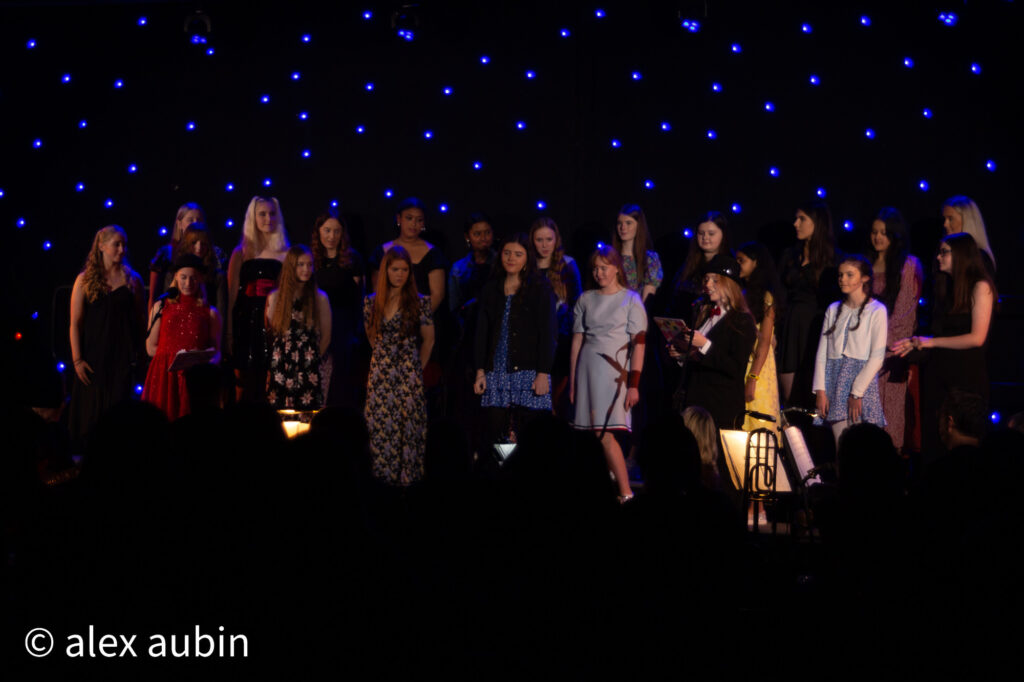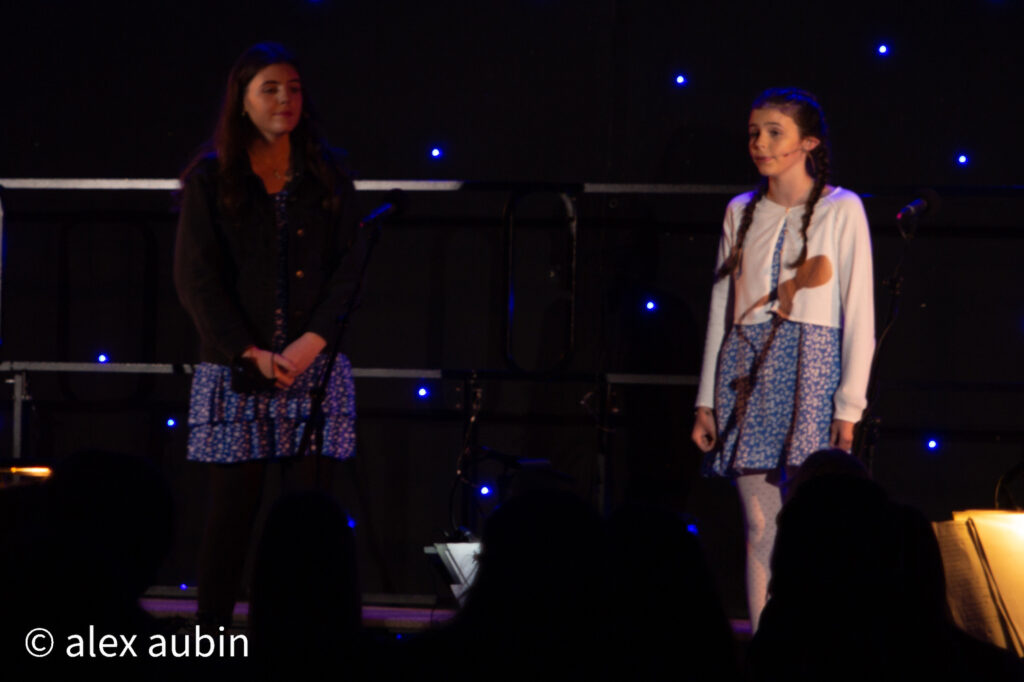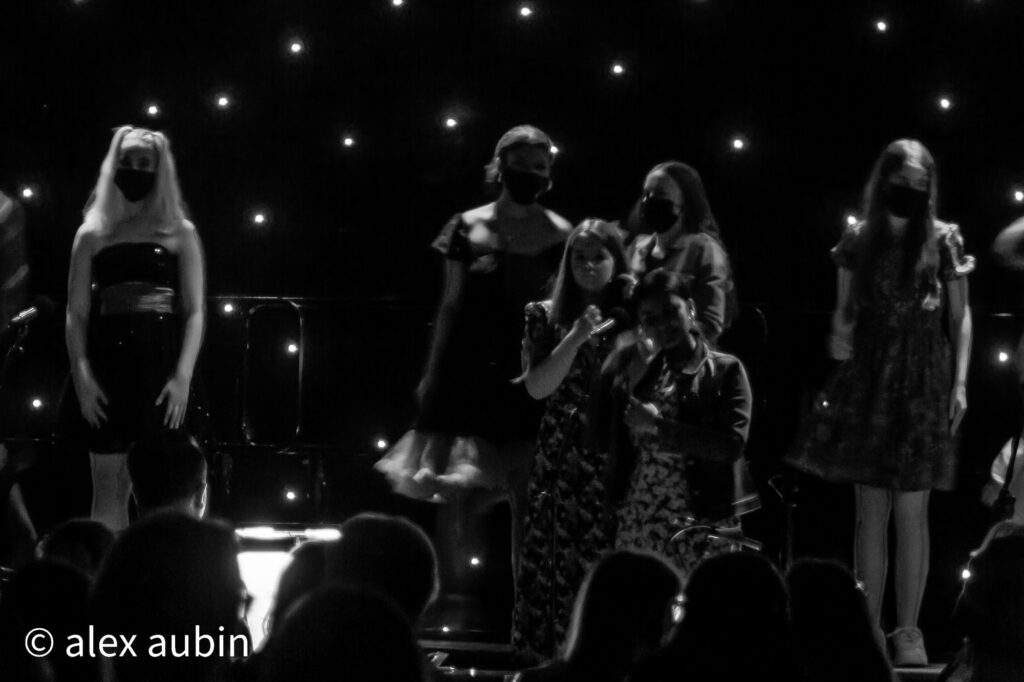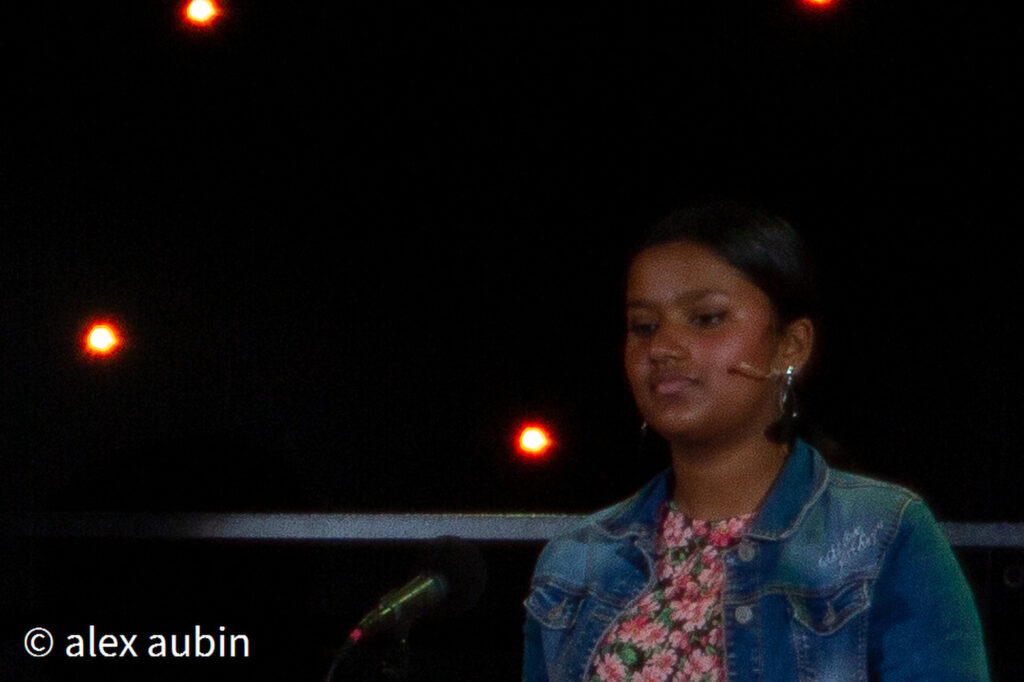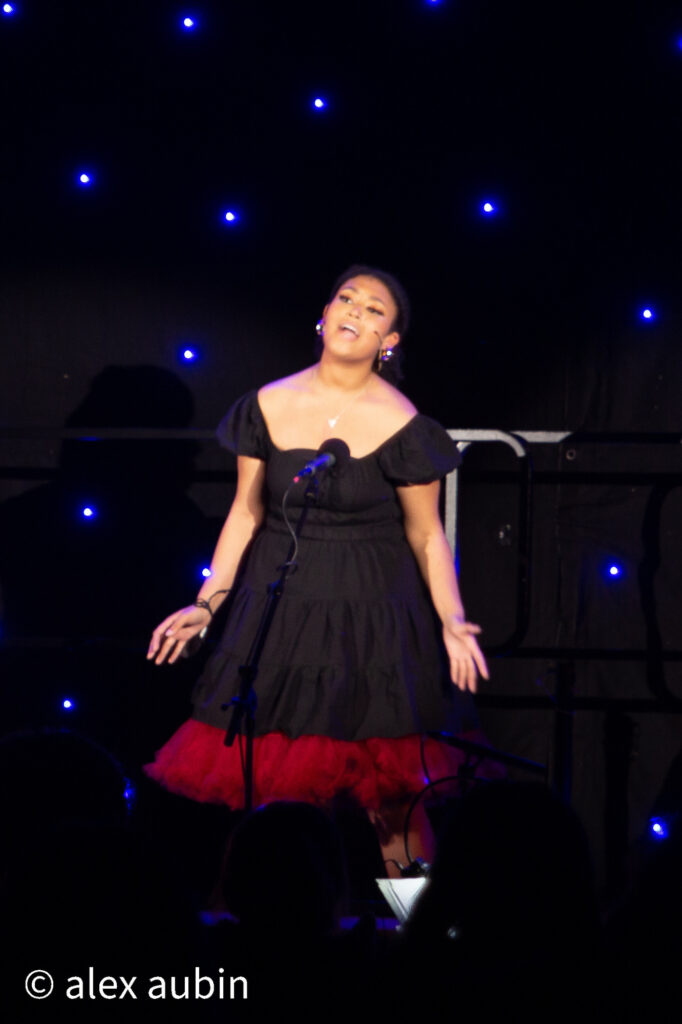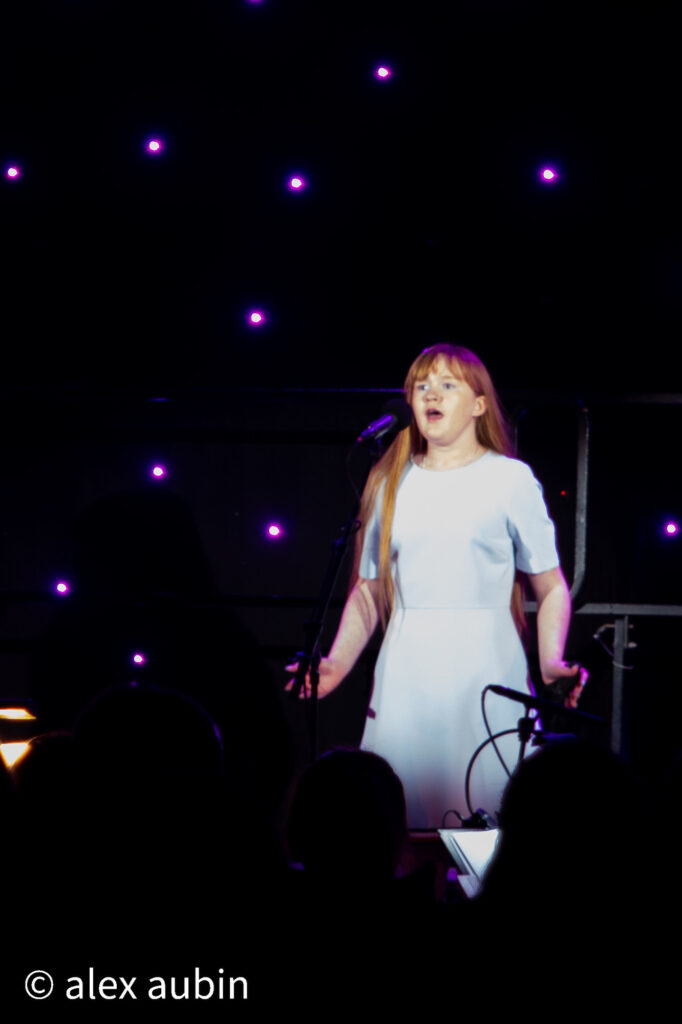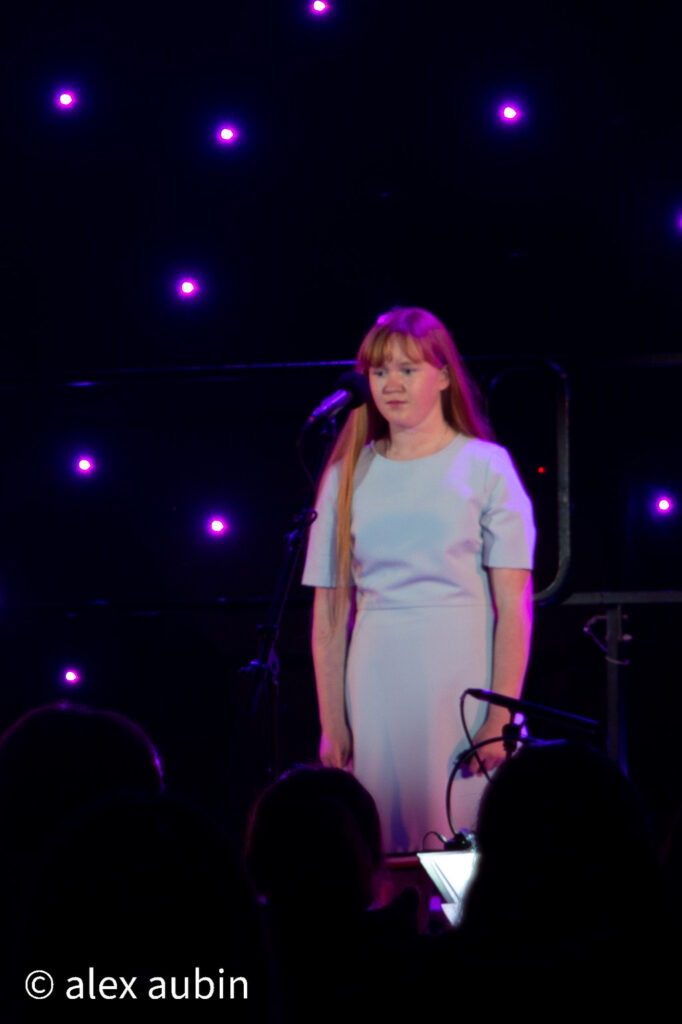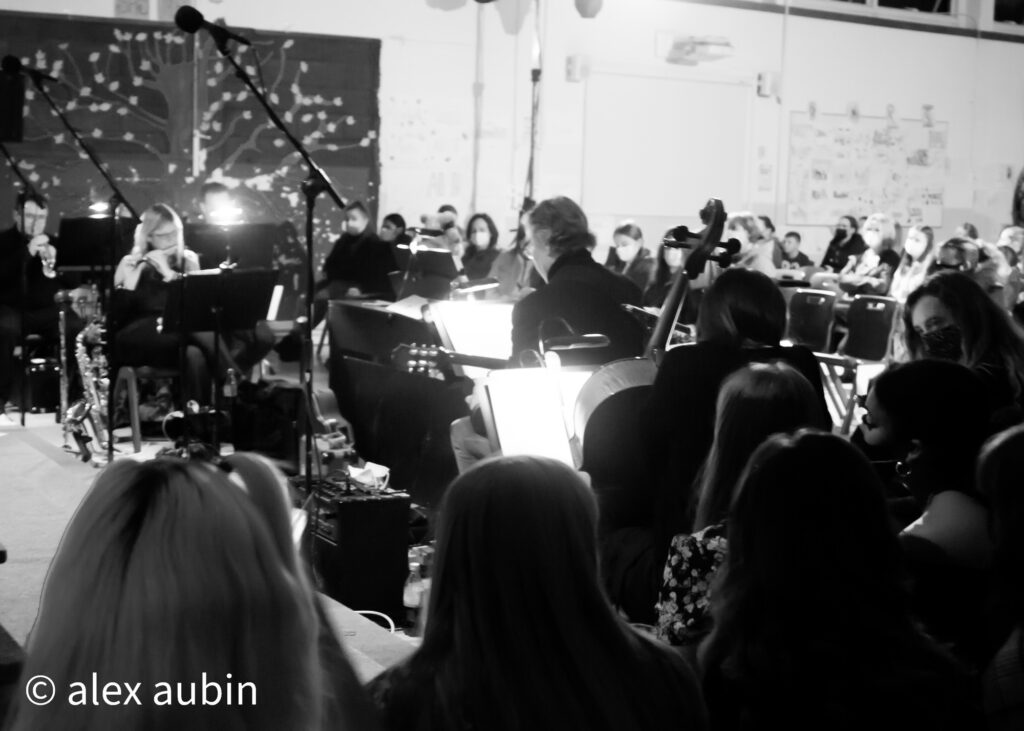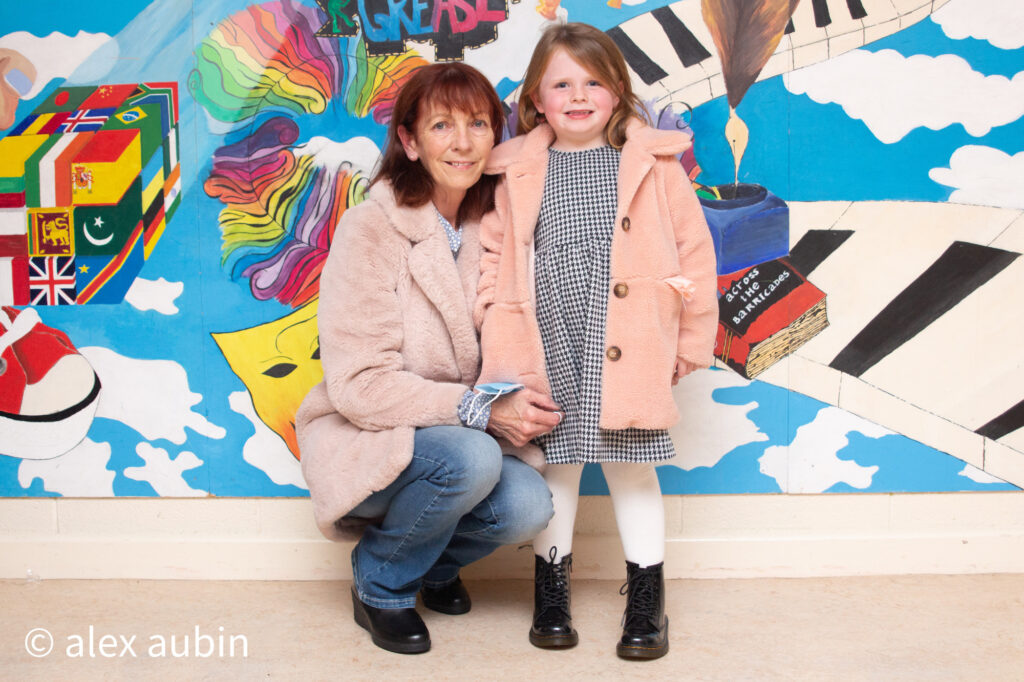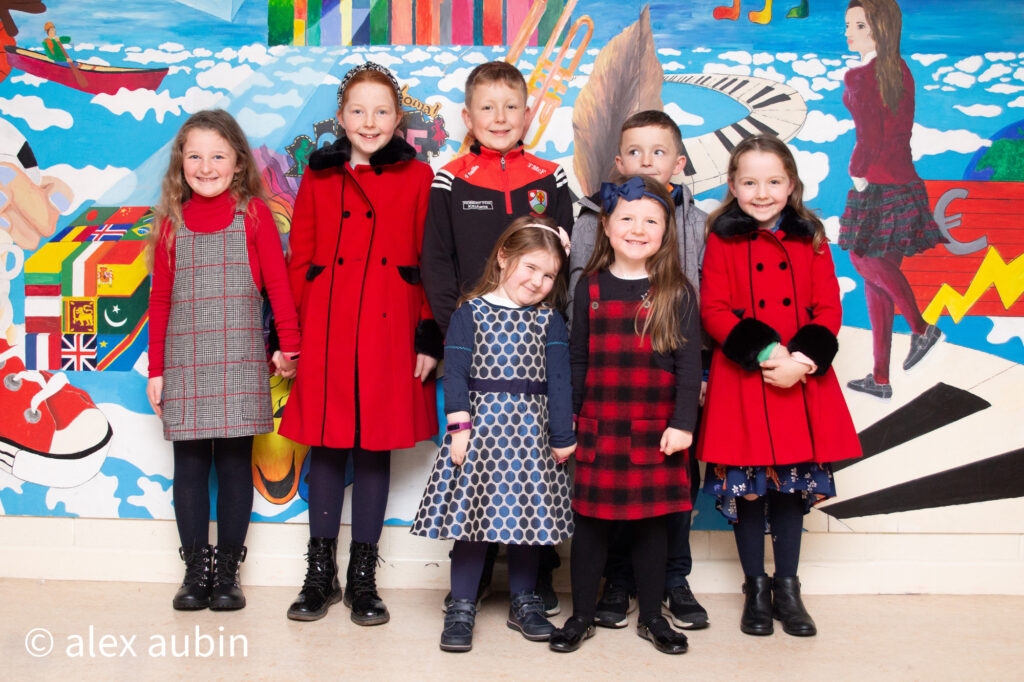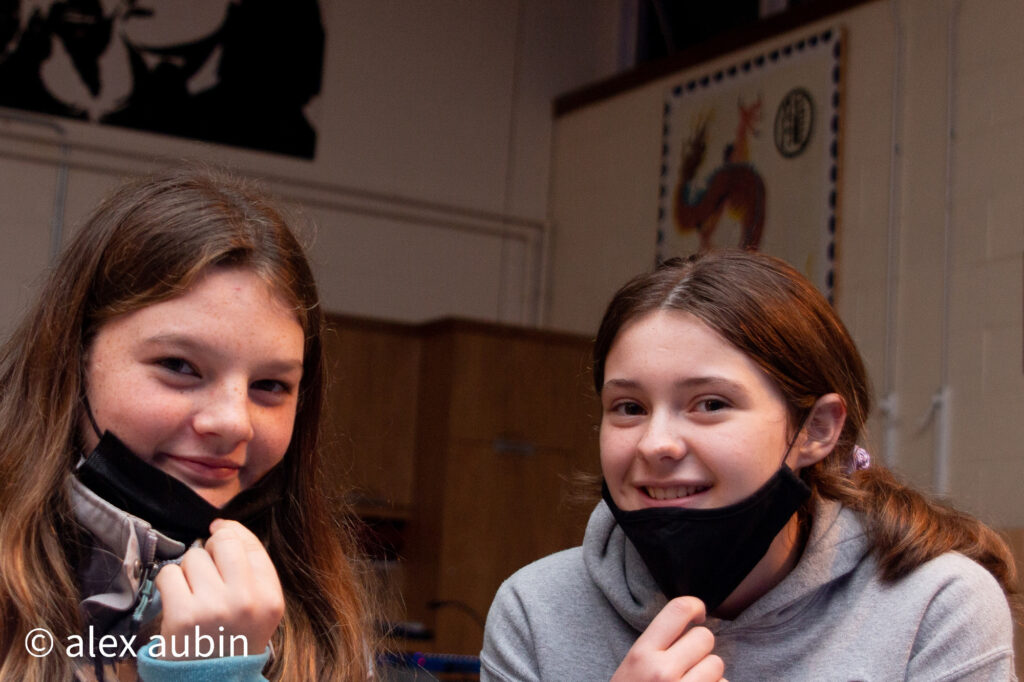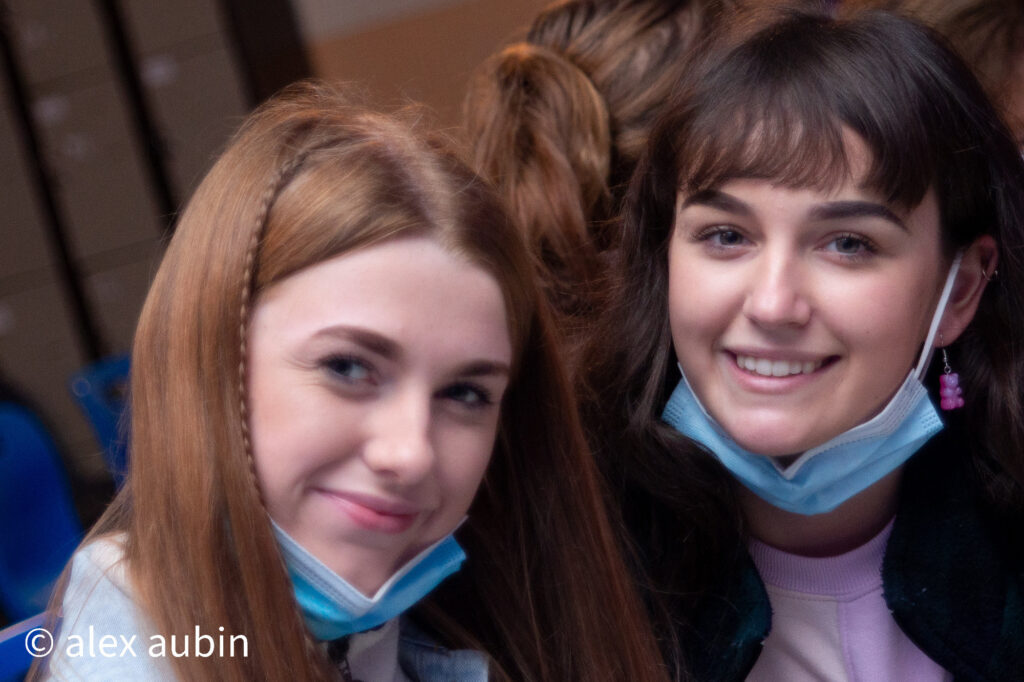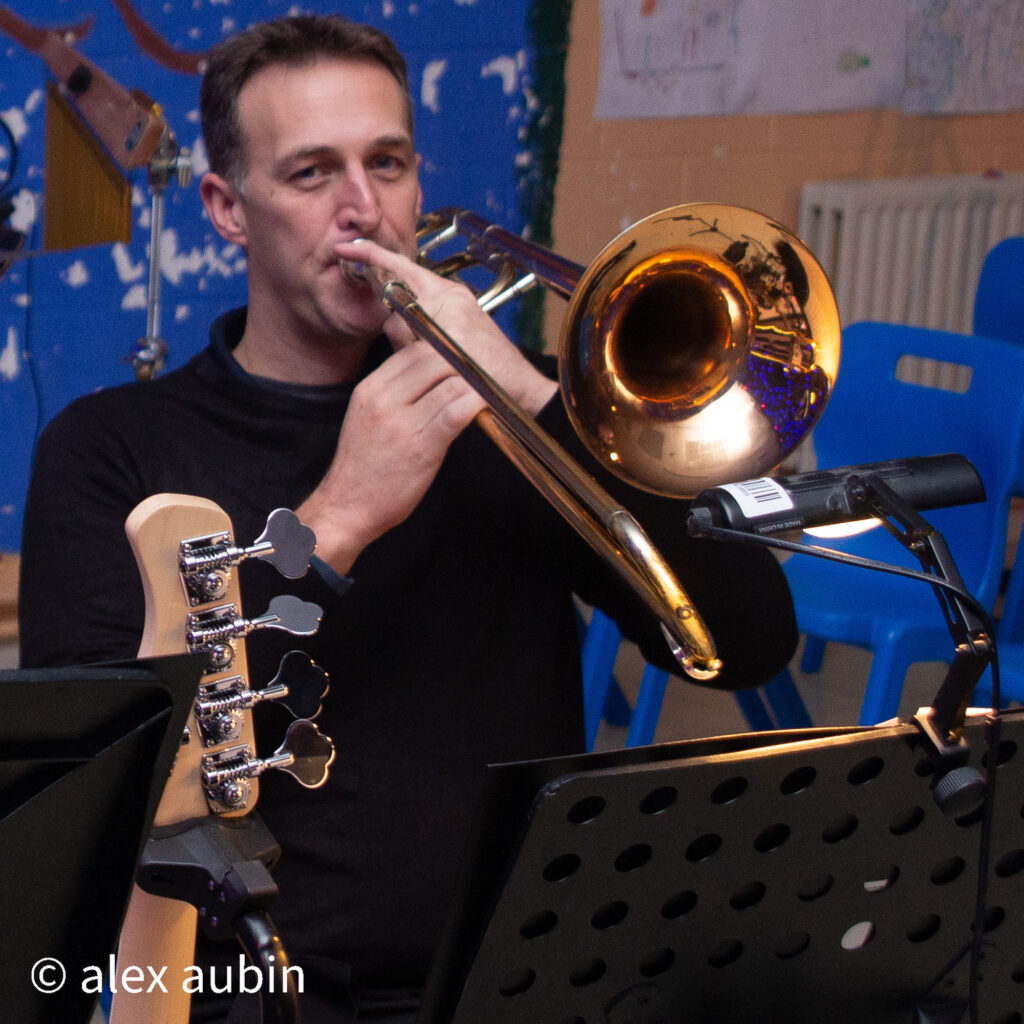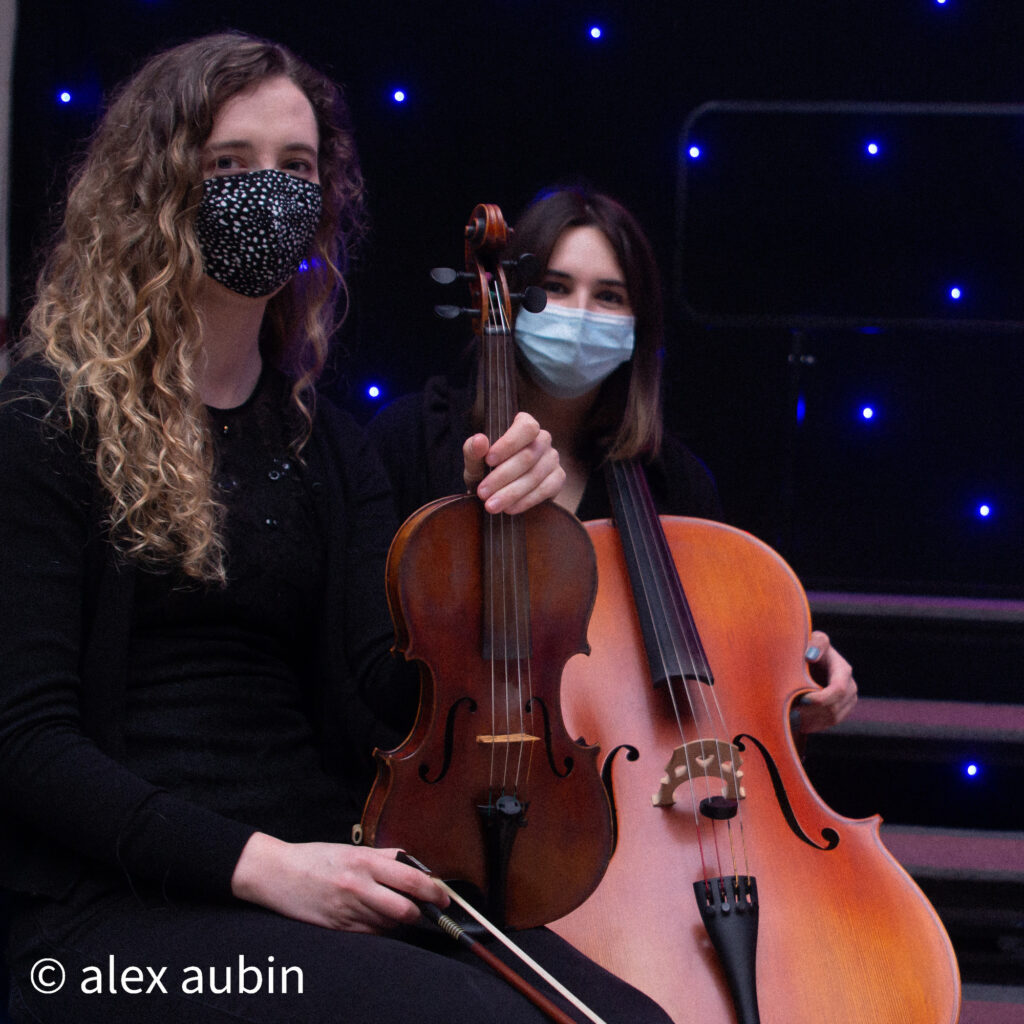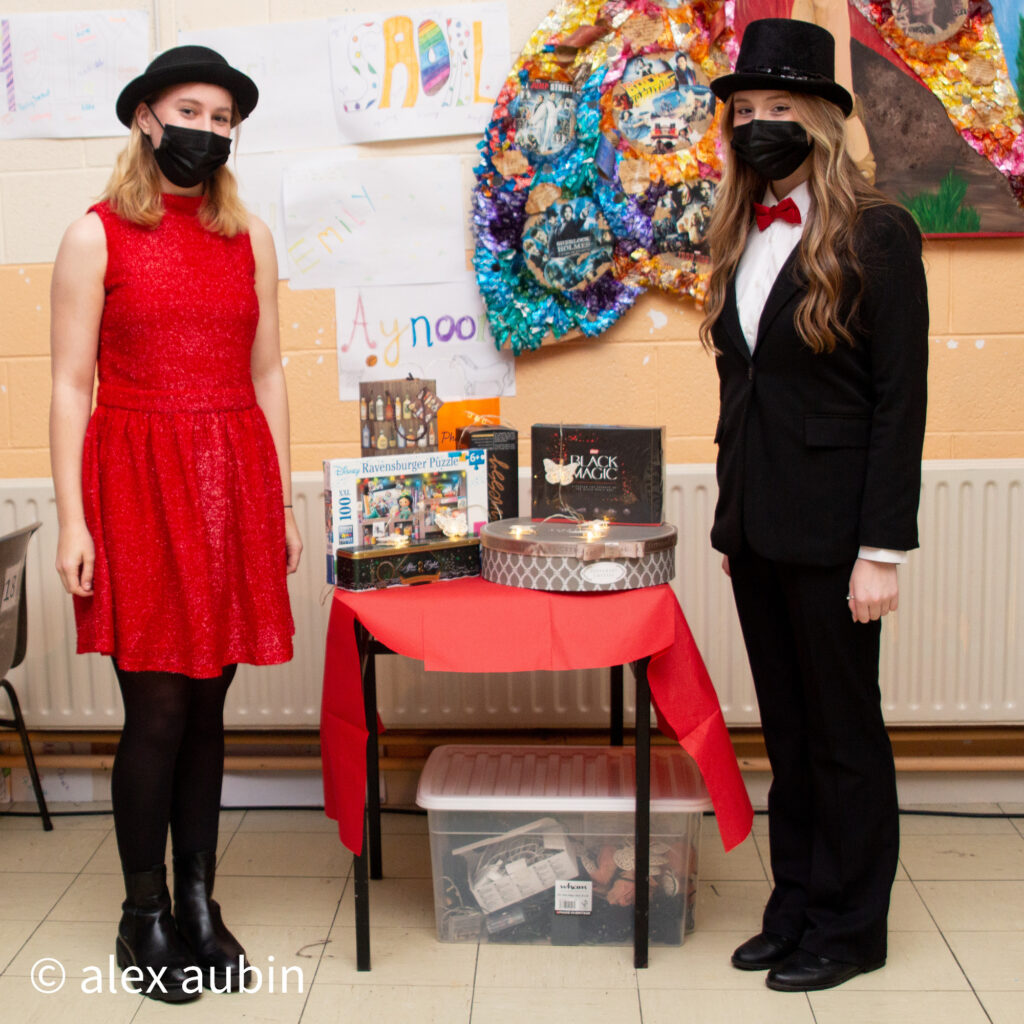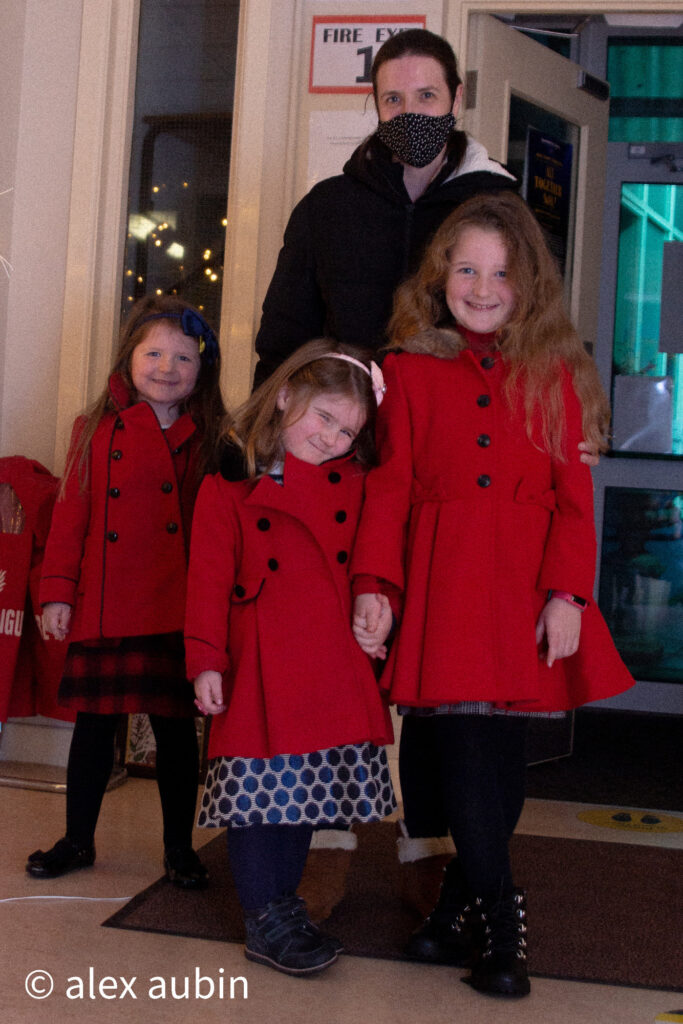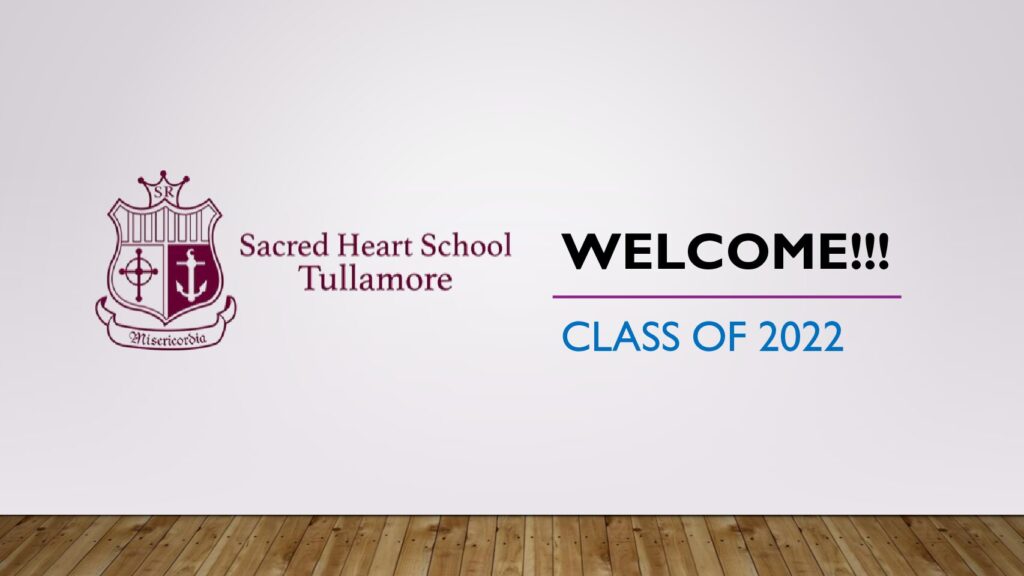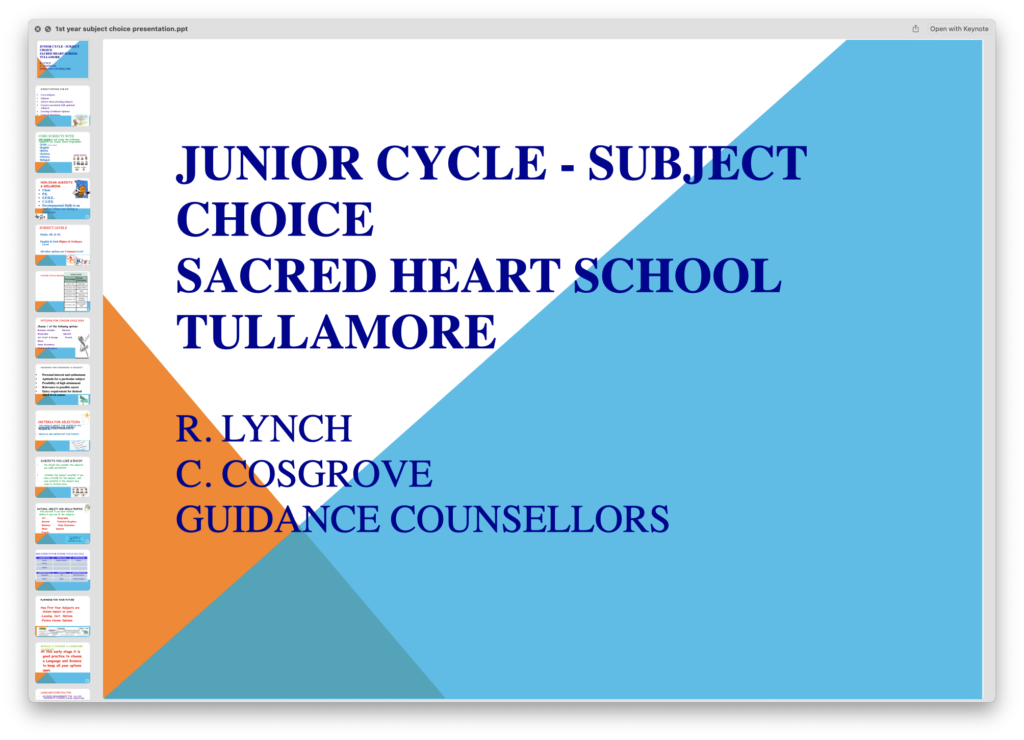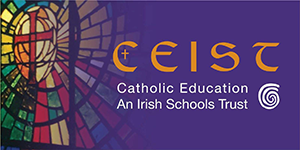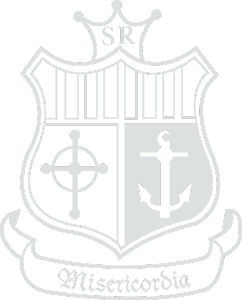TO: All Principals, for sharing with parents, guardians and staff
FROM: Dr Eamonn O’Moore, Director National Health Protection;
Dr Abigail Collins, National Clinical Lead Child Health Public Health
RE: Significant increase in viral infections and Group A Strep infections
DATE: 7th December 2022
There has been a large increase in general viral infections among children and young people this
winter.
There have also been recent concerns about a rare bacterial infection. This infection is iGAS (an invasive Group A Streptococcal infection). It is and also known as Group A Strep.
Significant increase in viral infections
We have seen a significant increase in the usual winter viral infections. This includes an increase in flu. This is because children are mixing together more. In previous years social contact was much reduced. This in turn reduced the rates of routine infection.
Typical symptoms of viral infections
Symptoms of viral infections typically include:
- runny or blocked nose
- mild fever
- cough
- lethargy (tiredness)Many children with viral infections also have a generalised rash.
Most children with viral infections can safely be cared for at home.
More information can be found at https://www2.hse.ie/conditions/colds-coughs-children/ Group A Strep and related bacterial infections
There have been cases of serious bacterial infections, specifically Group A Strep.
Severe infection is rare. Group A Strep more commonly causes infections such as:- tonsillitis
- scarlet fever
- skin infectionsIreland has seen cases of more serious infections recently. But so far there has been no increase compared to what we saw before the Covid-19 pandemic.
Information about managing illnesses of concern will continue to be updated on hse.ie over coming days and weeks.
Important messages for families and children regarding any infections:
1) The most important measure is to stay home if you are unwell.
Many children might have a runny nose or a slight cough in winter season. However, if a child is feeling unwell they should be at home. For example, they may have:
• fever
- cough, and
- sore throatThey should stay at home until those symptoms have finished. See https://www2.hse.ie/conditions/colds-coughs-children/Children with symptoms are more likely to spread infections. For example, they may spread flu or bacterial infections. Staying home when unwell will help prevent spread to other children, families and staff.
2) Infection, prevention and control measures
– Cover coughs and sneezes – Keep hands clean
These measures that we all got used to with Covid-19 are still important. They should be encouraged for everyone. These measures help stop the spread of infection.
3) Vaccination
Making sure your child is up to date on all recommended vaccinations will help: – stop your child getting an infection and
– make them less likely to be unwell if they do get an infection
Routine childhood vaccinations protect against many significant viral and bacterial infections. There is no vaccine against many viral illnesses or Strep A.
More information is available at https://www2.hse.ie/babies-children/vaccines-your-child/
Flu vaccine
The nasal spray flu vaccine is available for children aged 2 to 17 years. It helps protect against severe infection with flu and onward spread.
See https://www2.hse.ie/conditions/flu/childrens-flu-vaccine/
Many adults are also recommended to have the flu vaccine.
More information is available at
www2.hse.ie/conditions/flu/getting-the-vaccine/
Vaccination for Covid-19 is still available. Visit
www2.hse.ie/screening-and-vaccinations/covid-19-vaccine/get-the-vaccine/children/
The most important ways to prevent the spread of all infections are:
- making sure anyone unwell stays at home
- children and adults are up to date with their recommended vaccines, including flu 4. If you are concerned about your childIf you are concerned your child may be unwell, please check hse.ie. There is information on coughs, colds, fever, rashes and symptoms of concern. There is advice on when to contact your GP or go to a hospital emergency department. https://www2.hse.ie/conditions/colds-coughs-children/

